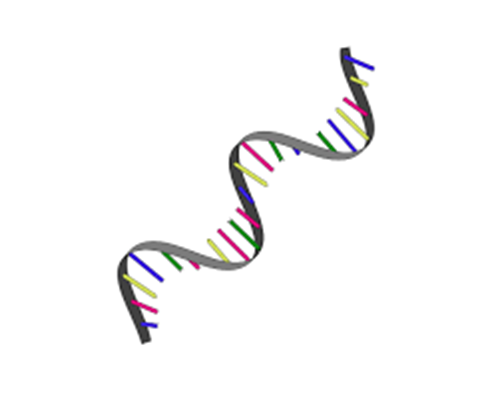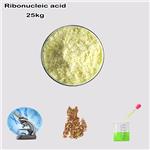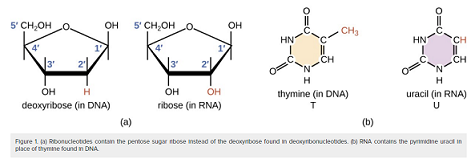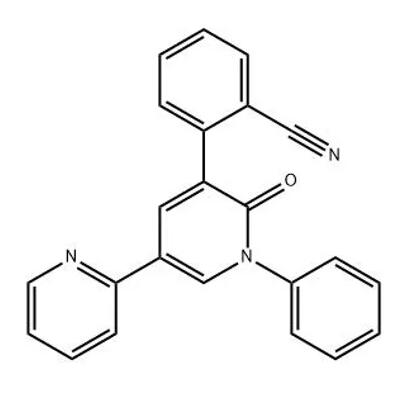Which of the ribonucleic acids are food nucleic acids?
The Examples of Food Nucleic Acids
Food nucleic acids are nucleotides found in natural chemicals that contribute to the flavour and sweetness of food. Although nucleic acids are found in all foods, they are most concentrated in dairy products such as milk, yoghurt and cheese. Nucleic acids are also found in meat, poultry, eggs, beans, lentils, peas and soya. Below are some examples of these:

Amino acid
Amino acids are found in animal and plant proteins. They play an important role in your body because they help make muscle tissue and provide you with the energy to carry out your daily activities. Amino acids also help your immune system function properly. Thanks to amino acids, your immune system has a strong ability to fight off diseases and infections. In addition to this, amino acids also help in removing toxins from your liver.
Nicotinic acid
Nicotine acid is an example of one of the nucleic acids found in food. It is a type of nucleotide that is a component of nicotinic acid, which can be found in various foods. Nicotine acid contributes to the tartness, spice, and sourness of foods like citrus fruits, cranberries, and rhubarb. It also helps maintain healthy potassium and calcium levels in the body by regulating kidney function and releasing fat from cells. Nicotinic acid is a B-complex vitamin that helps the body release acetylcholine. Acetylcholine is an important neurotransmitter for muscle contractions and memory. Nicotinic acid can also help the body release fat from cells, which is useful for people with high cholesterol levels or diabetes.
Inosinic acid
Inosinic acid is a nucleic acid that is found in meats and vegetables, as well as milk and cheese. It helps break down the amino acid histidine into its components, histamine and ammonia. Histamine can help regulate your immune system's inflammatory response, but too much can cause inflammation or allergic reactions. When you consume inosinic acid, it combines with other food nucleotides to form purines, which are then converted into uric acid by the liver. High levels of uric acid can lead to gout or kidney stones.
Guanosine monophosphate
Guanosine monophosphate is a nucleic acid in foods like wheat, rice, and tea. It is found in high concentrations in plant-based foods. This nucleic acid helps regulate sodium channels' activity, which controls the passage of sodium ions into cells. This can help with blood pressure issues or heart arrhythmias. GMP helps your body break down carbs and sugars. It's also a precursor to adenosine triphosphate, the molecule responsible for transferring energy within cells.
Thymidine
Thymidine is a nucleotide that is the most abundant in the human body. This nucleotide can be found in both DNA and RNA. Thymidine is found in all living things, including plants, animals, and humans. Thymidine stimulates the production of white blood cells, which help your immune system. It is essential for cells rapidly dividing cell populations such as your bone marrow, hair follicles, and epithelial tissue (skin). This nucleotide also helps with wound healing and the growth of new tissues.
Nucleotides
Nucleotides in milk are what gives milk its creaminess and sweetness. The most abundant nucleotides in milk are adenosine, cytidine, guanosine, and uridine. Adenosine helps regulate the amount of calcium and phosphorus in the bones and teeth. Cytidine protects against high cholesterol levels, improves absorption of nutrients from food, and helps the body fight off infections more effectively. Guanosine is a building block for DNA-containing cells such as white blood cells. Uridine is used to produce RNA, which plays a key role in cell function, repair, replication, and new protein production.
Citric acid
Citric acid is a type of food nucleic acid or a molecule found in natural substances that contribute to food's flavor and sweetness. Citric acid is also one of the most common acids found in nature. Citric acid helps break down cells for energy production by aiding cellular respiration in the human body. This food nucleic acid also aids in digestion because it helps break down fats and carbohydrates.
The above examples of food nucleic acids are a vital part of our diet. They are important for the function of cells and tissue and are necessary for the formation of DNA, RNA, and other genetic materials. A diet rich in nucleic acids will help your body recover from illness, maintain a healthy immune system and bolster your energy levels.
You may like
Related articles And Qustion
Lastest Price from Ribonucleic acid manufacturers

US $0.00-0.00/KG2025-11-18
- CAS:
- 63231-63-0
- Min. Order:
- 1KG
- Purity:
- 98%min
- Supply Ability:
- 30tons/month

US $0.00/KG2025-08-30
- CAS:
- 63231-63-0
- Min. Order:
- 1KG
- Purity:
- 99%
- Supply Ability:
- 200KG



